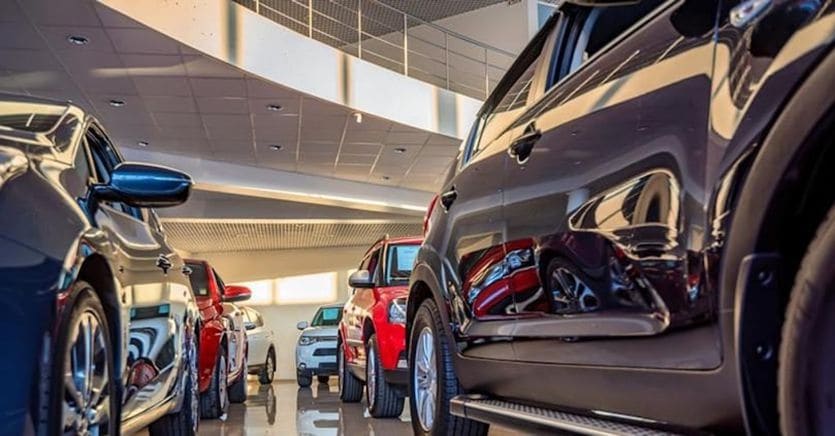Internal combustion engines, diesel and gasoline, less polluting from 2025. Europe published on 10 November its proposal for a regulation for the new Euro 7 engines, for cars and light commercial vehicles, and for Euro VII, the engine standard for heavy commercial vehicles and buses. According to Brussels, transport must become “drastically less polluting”, especially in cities and urban areas. And the Euro 7 engines are considered “an essential part of the transition to clean mobility”.
This is the principle that guided the Commission in defining the new emission targets (NOx and particulate matter) of the new generation internal combustion engines, which will be type-approved starting from 2025 for cars and light commercial vehicles, and from 2027 for heavy transport. If on the one hand Europe considers the Euro 7 game to be complementary to the battle to cut CO2 emissions by 2035 (by 100%, with the stop to internal combustion engines), on the other the car industry is sending signals of alarm.
The reaction was in fact of great concern. The theme, the European manufacturers and component manufacturers reiterate, is twofold: on the one hand the limited effects in the face of heavy investments, on the other the important problems linked to timing and feasibility.
The decarbonization
The rules will be valid for all motor vehicles, regardless of the power supply and limits will also be imposed on the particulate matter produced by brakes and tires. The belief of Brussels is that the green transition will last at least a couple of decades, cars with Euro 7 engines will therefore be able to reduce emissions during a longer period of life of the vehicle, also reducing the impact of the used market.
If in 2035, in fact, all cars and vans sold in Europe will have zero CO2 emissions, however by 2050 it is expected that more than 20% of cars and vans and more than half of heavy vehicles on our roads will continue to emit pollutants. “The Euro 7 standards will reduce all these emissions and keep vehicles within the reach of consumers,” says Brussels. .
